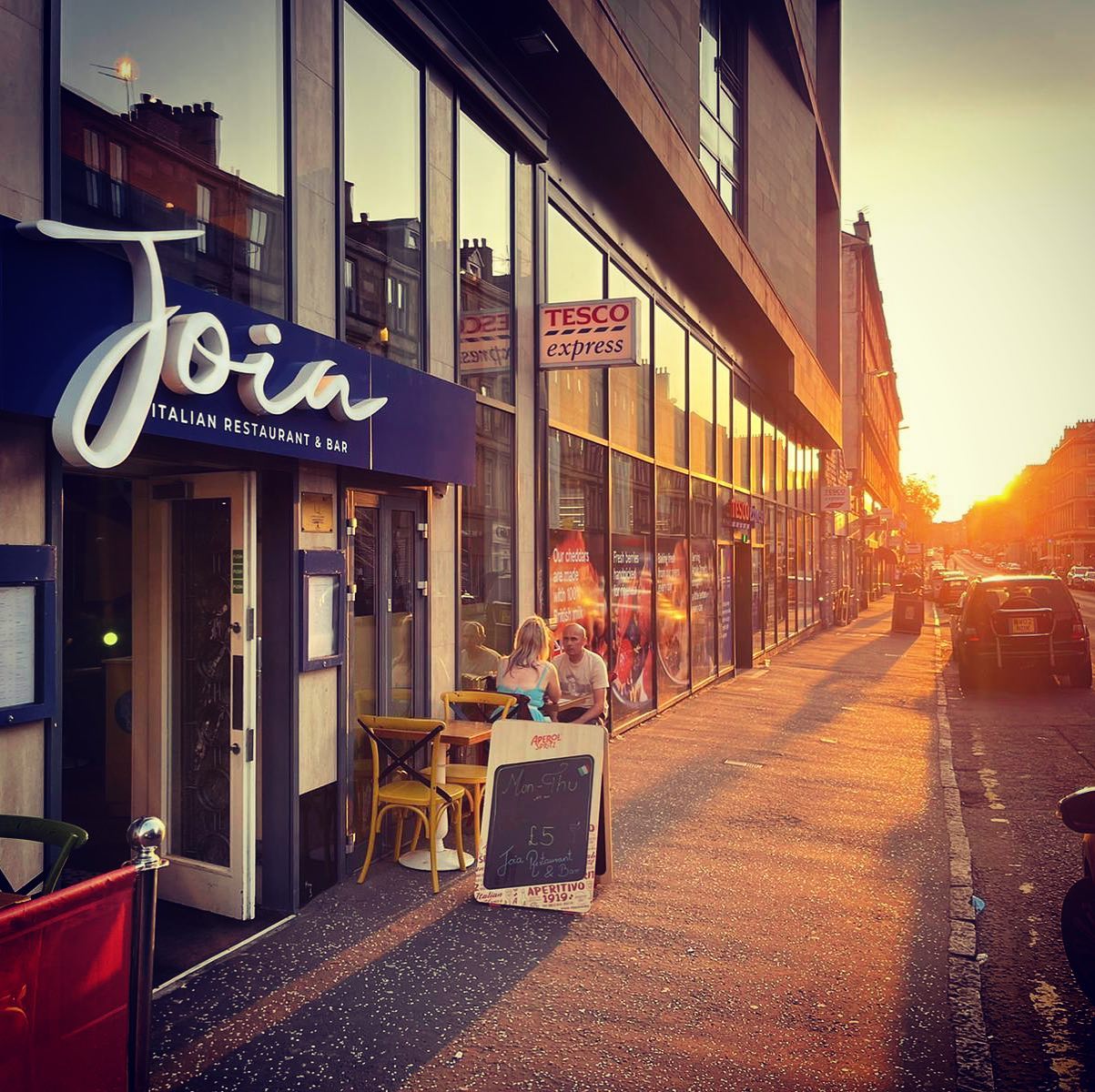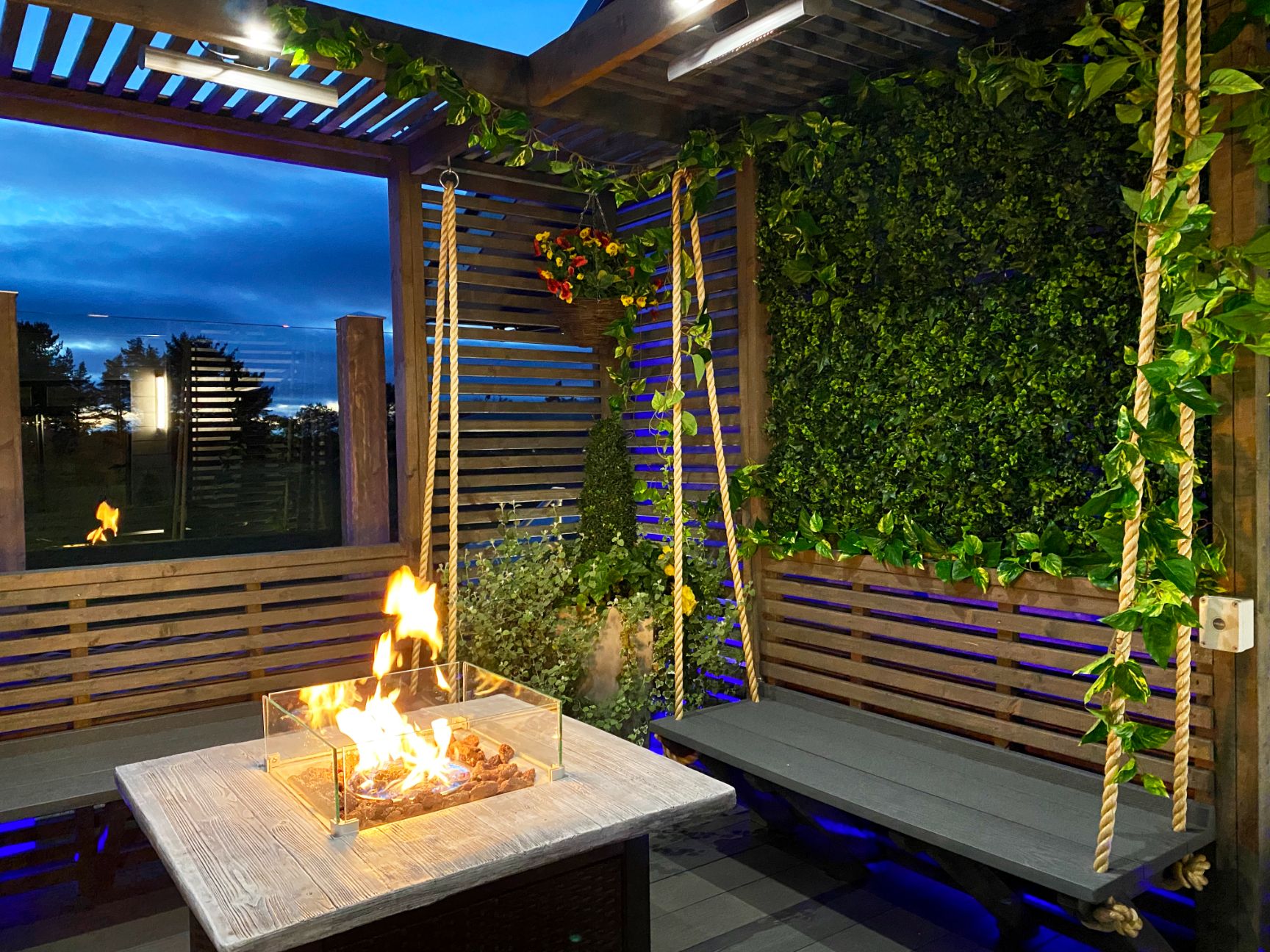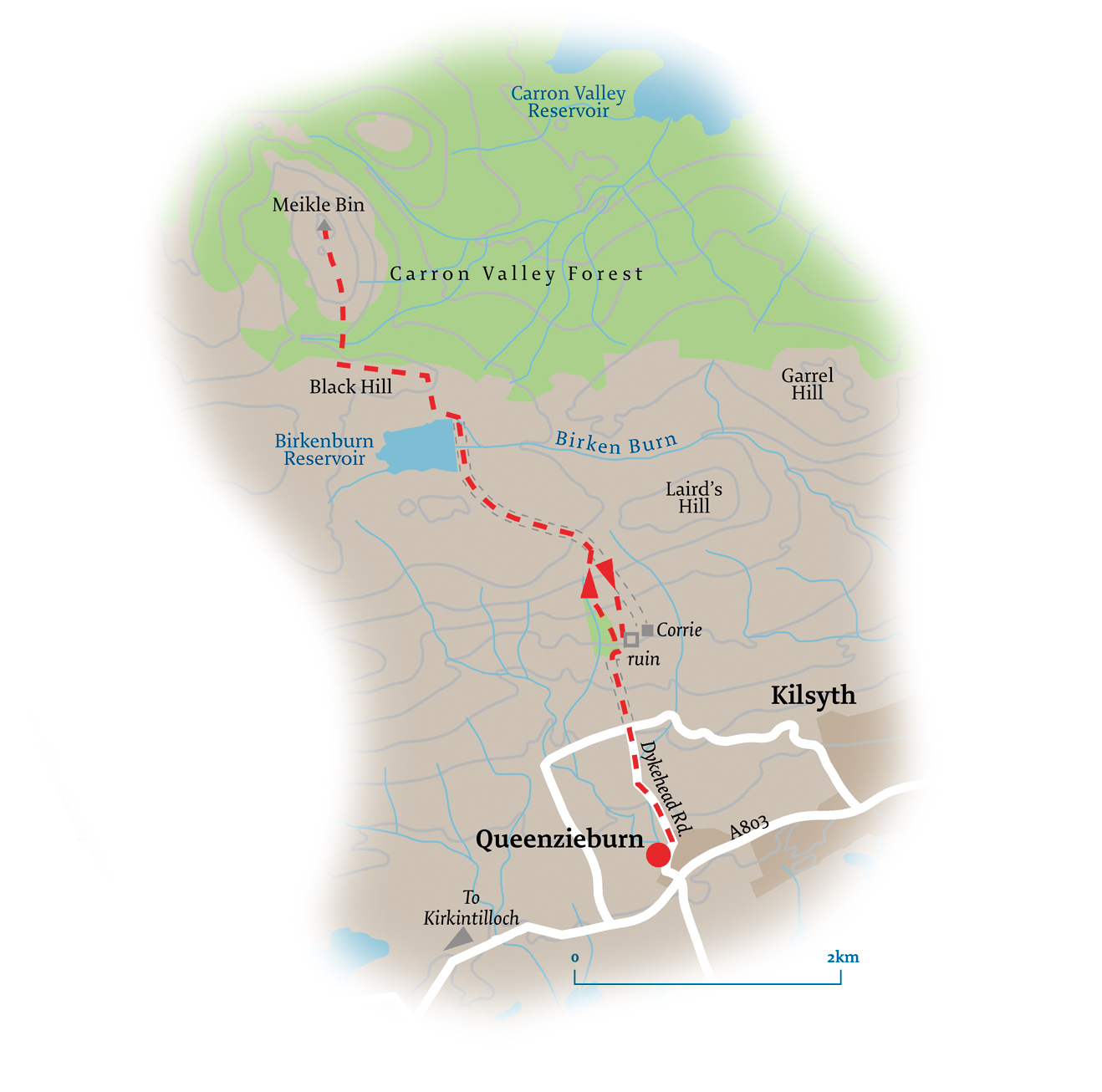How Hospitality Is Coping With Yet ANOTHER Crisis…
By Amy Glasgow @theglasgowdiet
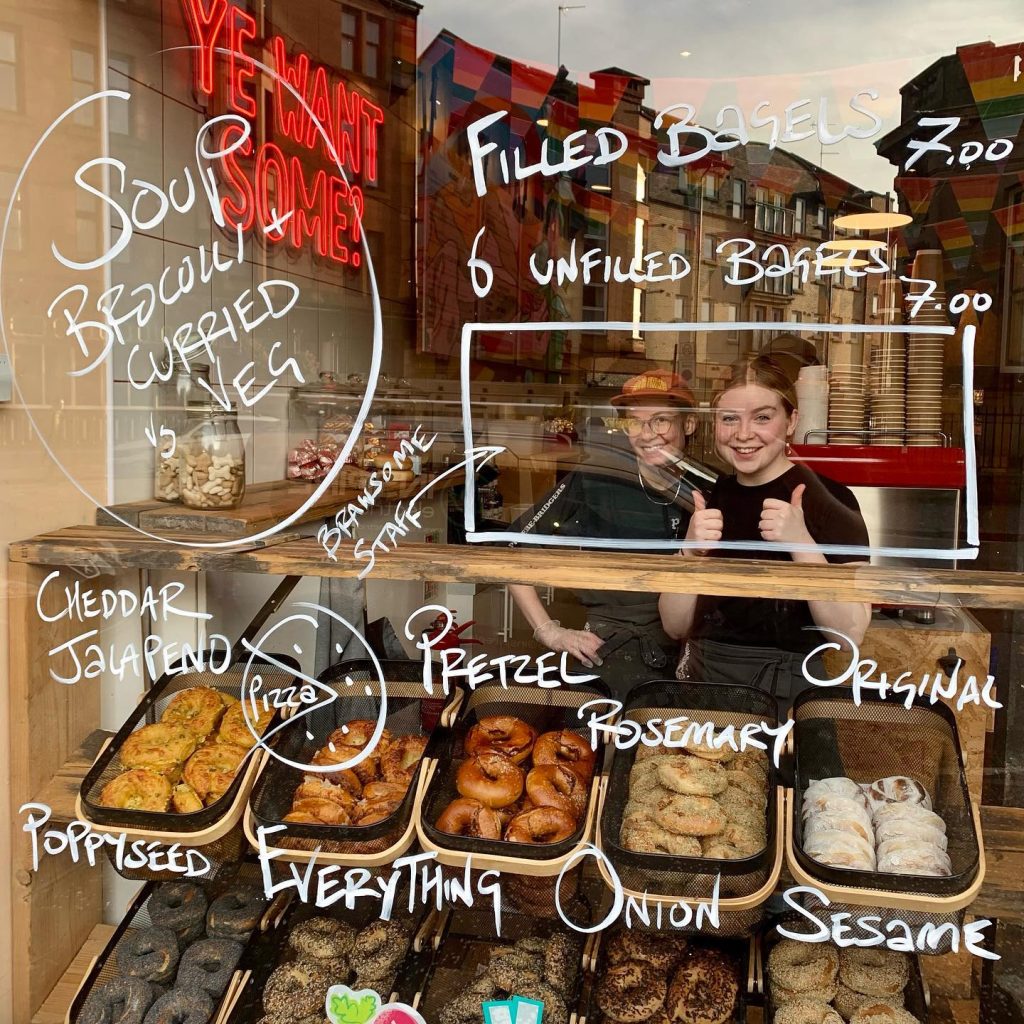
When it comes to the hospitality industry, since 2020 it’s been one step forward, two steps back. First, there was the pandemic, which shut the doors of hospitality venues all over the country, leaving their futures uncertain. From balancing a constant back and forth of restrictions and rules, to combatting the fallout of Brexit, which has effected supply chains, staff availability and more. Just when things felt like they might be beginning to settle, the UK is hit with a cost of living crisis unlike anything we’ve seen in decades. Energy bills are going up, ingredients cost more and are more difficult to come by, and swathes of restaurants, bars and cafes, even ones that have weathered the storm for years? Forced to close their doors.
It seems very much like the hospitality industry simply can’t catch a break, but how is it actually affecting them, and how are they continuing to weather the storm? We decided to chat to some local west end restaurants, cafes and takeaways to get their perspective, straight from the horses mouth.
Cost of Living Crisis – Fine Dining
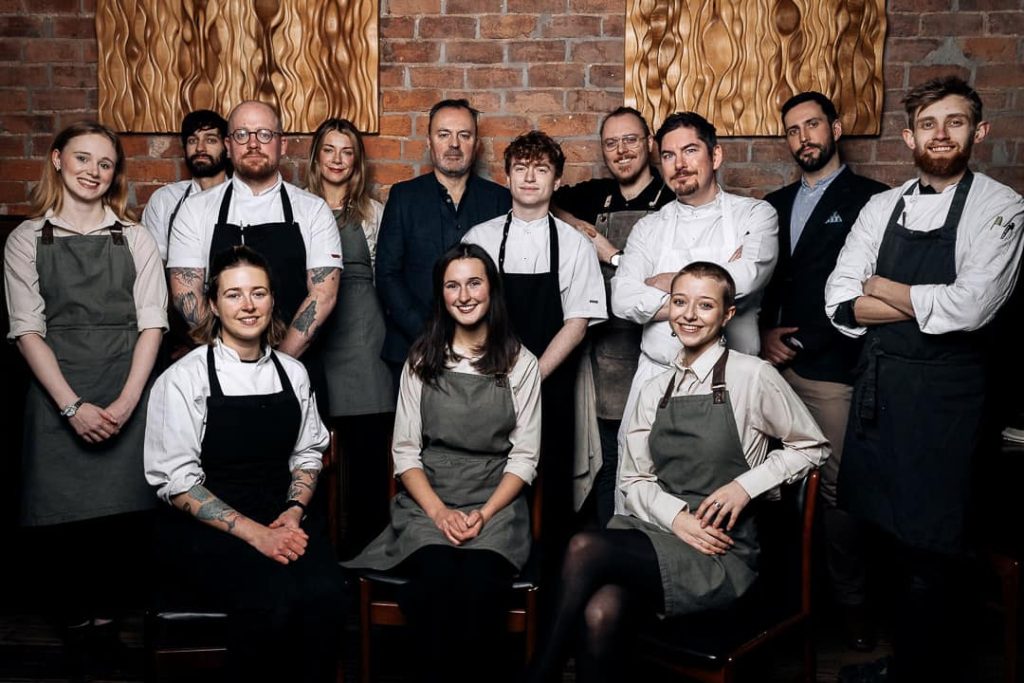
‘It feels like we’ve been in crisis mode forever,’ says head chef and owner of The Gannet, Peter McKenna. ‘If it’s not a staffing crisis, it’s a worldwide pandemic or Brexit but the major one right now is the cost of living “crisis” – the knock-on effects of which have been monumental.
‘Together with my team, I’ve built up a strong reputation for quality. We never cut corners and put in the graft daily, I believe our guests recognise this and in turn continue to visit us even when we are forced to increase our prices, they see the value in what we do.’
Despite rising costs, Peter wants to continue to provide his customers with value for money, so he has found ways of cutting costs for himself, like buying whole carcasses and butchering in house. Preparing everything from scratch, and yes, this might mean long prep hours, also means lower costs.
‘To give my team a good standard of work-life balance, I only open four days per week, which also keeps my wage bill in check. I believe the days of opening 7 days per week for lunch and dinner are numbered for high end restaurants. The overheads are just too high if you’re not busy at all times. Running a restaurant during times like these is always going to be difficult, but I’ve found a system that works for me. We support small producers, have a small, loyal, dedicated team, everyone gets paid on time and the feedback from our guests has been magnificent. It’s a balancing act, a very delicate one.’
‘I’m not going to dwell on the negatives, believe me there are many, but even with all these hurdles, it’s been a pleasure cooking for our guests over the past 9-and-a-half years.’
Cost of Living Crisis – Modern Restaurant Dining
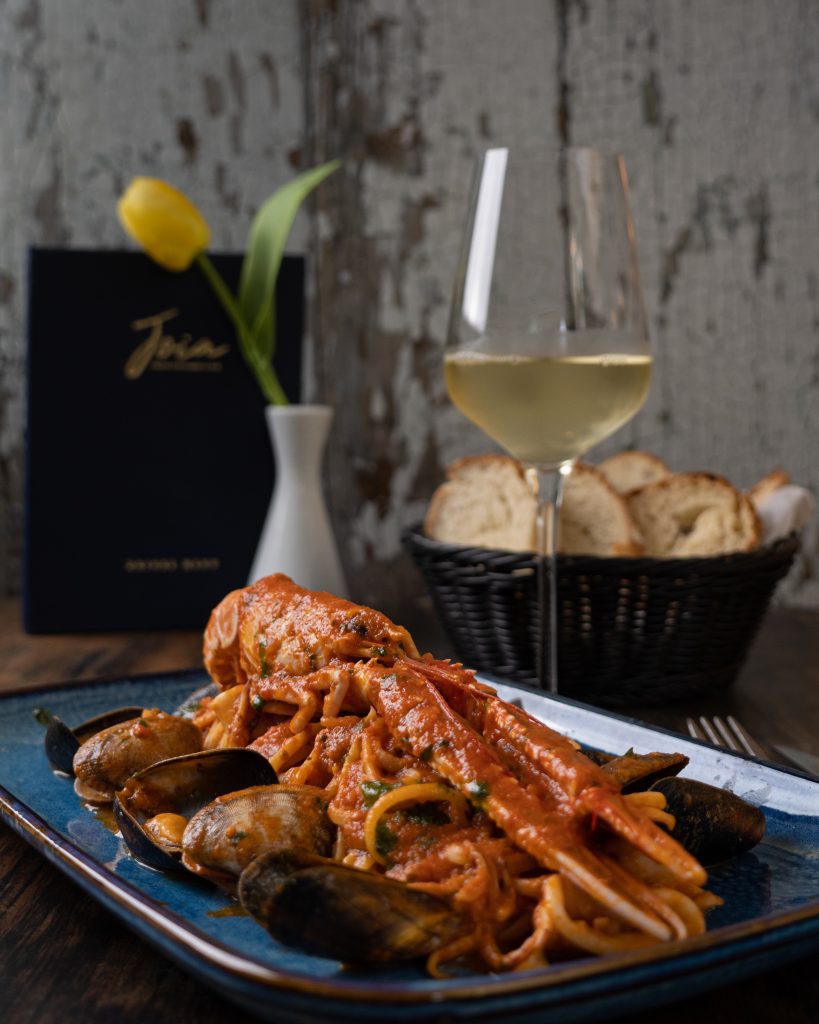
Fellow Finnieston restauranteur Cristiano, who owns and manages Joia Italian Bar & Kitchen, echoes Peter’s sentiments, and says that the crisis has made him reconsider a number of things in the running of his restaurant, from budgets to menu prices and suppliers.
Outside of the logistics of budgets and staffing, the crisis has had an even more personal impact on Cristiano, who, being the business owner, has always worked at Joia full time since the day it opened. While he maintains that it is rewarding to see his restaurant full of customers who are enjoying not only the meal, but the experience, it has come at a personal cost.
‘I had intended to take on an extra manager to cover my workload, but the rising costs made it impossible. This means I’ve had to sacrifice a lot of my own time, and I had to give up my paternity leave when my daughter was born in November. Over Christmas I worked late nights constantly and would often come home after my daughter had gone to sleep, and it’s difficult for me to plan time off to be with my family. It’s hard having to make these sacrifices, but at the same time I am hopeful that in the not too distant future there will be better times ahead and I will be able to spend more time with my family while my restaurant continues to thrive.’
Cost of Living Crisis – Cafe Culture
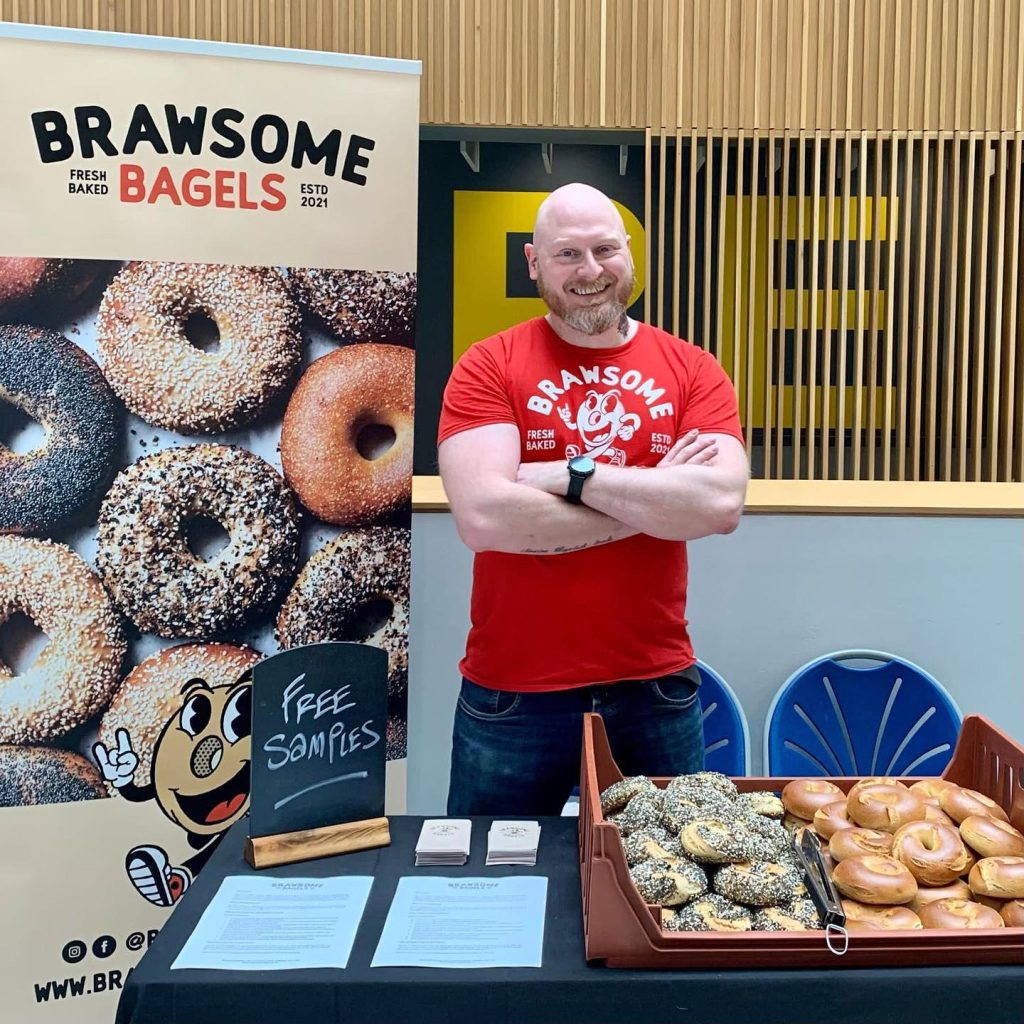
It’s not just restaurants who are feeling the pinch though, bars, cafe’s and takeaways are all struggling to balance the stackful of issues this cost of living crisis has brought to their doorsteps. For super popular lunch spot, Brawsome Bagels, in Partick, its taken a lot of trial and error to figure out what works for them, and that despite the negatives, there are some positives.
‘It is a constant exercise in plate spinning, but I’d like to think that things are improving. We had an awful January, but this month things have really picked up, and I think there’s an element of consumer fatigue, where people are tired of not treating themselves,’ explains owner and manager, Ian Brooke.
‘I think one positive to come from it is that customers care more about where they spend their money, and they are more likely to come and support us small businesses rather than big brands. We’re lucky we have a great, loyal customer base and we’ve definitely been having better interactions with customers, they want to chat to us, they want to hear about what we’re doing, and we’ve built stronger relationships with them.’
Consistency
Perhaps the thing that Ian is most excited about though is that due to a new wholesale contract, he’s on the hunt for an apprentice. He is planning to recruit from LGBT Youth Scotland, where a part-time employee will be able to gain an SVQ while working and earning a living wage, which he and the team are super excited about.
One of the key things that Ian thinks has and always will be key though for a successful business, crisis or not, is consistency. Consistency of service, of product and availability. Yes, it can be a difficult thing to manage when you’re also dealing with staff turnover and shortages, but building consistency is how you build loyal customers who will keep continuing to support you because they trust your service and your product.
Steadfast and Open for Business
While we all know there is no easy solution to this ongoing crisis, what is important to remember, is that at the end of the day, it’s not all doom and gloom. The news is filled with negative storylines about businesses closing and a sudden lack of tomatoes, but what if instead we took a closer look at the positive stories.
The businesses like The Gannet, Joia or Brawsome Bagels, who are out there working hard and making their customers happy. The restaurants across Glasgow who have NOT closed their doors, or the new ones about to open them for the first time. There is, in my humble opinion, something truly wonderful about going out and enjoying a brilliant meal at a local, family run business, and we ought to celebrate them as much as we possibly can.
For all things foodie visit –
Amy Glasgow @theglasgowdiet
Back to Food Articles


